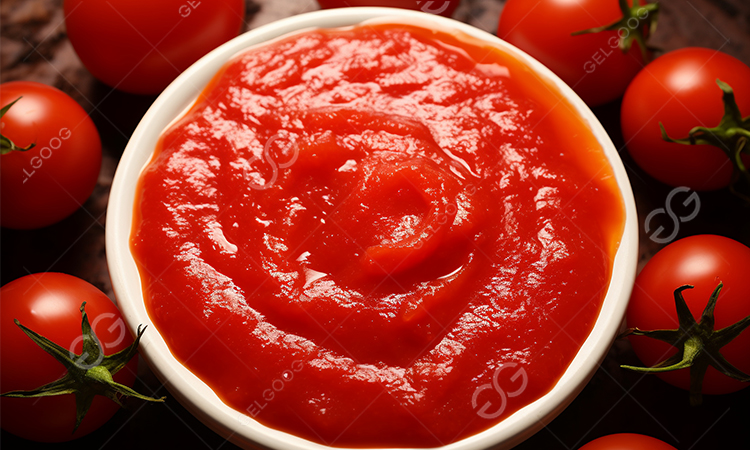Tomato Sauce Making Business-Planning and Procedures
Tomato sauce is a staple in cuisines worldwide, adding flavor and depth to countless dishes. With its versatility and popularity, starting a tomato sauce making business can be a rewarding venture. However, like any business, it requires careful planning and execution to succeed. In this guide, we'll explore the key steps involved in launching and running a tomato sauce making business.

Market research:
Before diving into tomato sauce production, it's essential to conduct thorough market research. Identify your target market, including demographics, preferences, and purchasing habits. Assess the competition, both locally and nationally, to understand what sets your sauce apart.
Business plan:
A well-crafted business plan serves as a roadmap for your tomato sauce making venture. Outline your business objectives, target market, marketing strategies, operational plan, and financial projections. Include details on sourcing ingredients, production processes, packaging, distribution channels, and pricing.
Legal requirements:
Ensure compliance with local, state, and federal regulations for food production businesses. Obtain necessary licenses and permits, adhere to food safety standards, and consider liability insurance to protect your business.
Sourcing ingredients:
Quality ingredients are the foundation of great tomato sauce. Establish relationships with reliable suppliers for fresh tomatoes, herbs, spices, and other ingredients. Consider using locally sourced or organic ingredients to appeal to health-conscious consumers.
Production process:
Develop a standardized recipe and production process to maintain consistency and quality. Invest in suitable equipment for tomato sauce production, such as stainless steel kettles, blenders, and filling machines. Implement strict hygiene practices to ensure food safety.
Packaging and labeling:
Choose packaging that preserves the flavor and freshness of your tomato sauce while aligning with your brand identity. Clearly label your products with ingredients, nutritional information, and any relevant certifications or claims. Invest in eye-catching labeling and branding to attract customers.
Marketing and sales:
Develop a marketing strategy to promote your tomato sauce and attract customers. Utilize a mix of online and offline channels, including social media, food festivals, farmers' markets, and specialty stores. Collaborate with local restaurants or chefs to showcase your sauce in dishes or recipes.
Distribution:
Explore various distribution channels to reach your target market effectively. Consider selling directly to consumers through your website or online marketplaces, as well as through retailers, wholesalers, or distributors. Build relationships with grocery chains or specialty food stores for wider distribution.
Customer feedback and iteration:
Listen to customer feedback to continuously improve your tomato sauce product. Conduct surveys, taste tests, or focus groups to gather insights and identify areas for enhancement. Stay adaptable and be willing to iterate on your recipes, packaging, or marketing strategies based on customer preferences.
Financial management:
Monitor your finances closely to ensure the profitability and sustainability of your tomato sauce making business. Keep track of expenses, including ingredient costs, production overheads, marketing expenses, and distribution fees. Set pricing strategies that balance profitability with market competitiveness.
Starting a tomato sauce making business requires meticulous planning, dedication, and a passion for quality. By following these steps and procedures, you can establish a successful venture in the competitive food industry.
